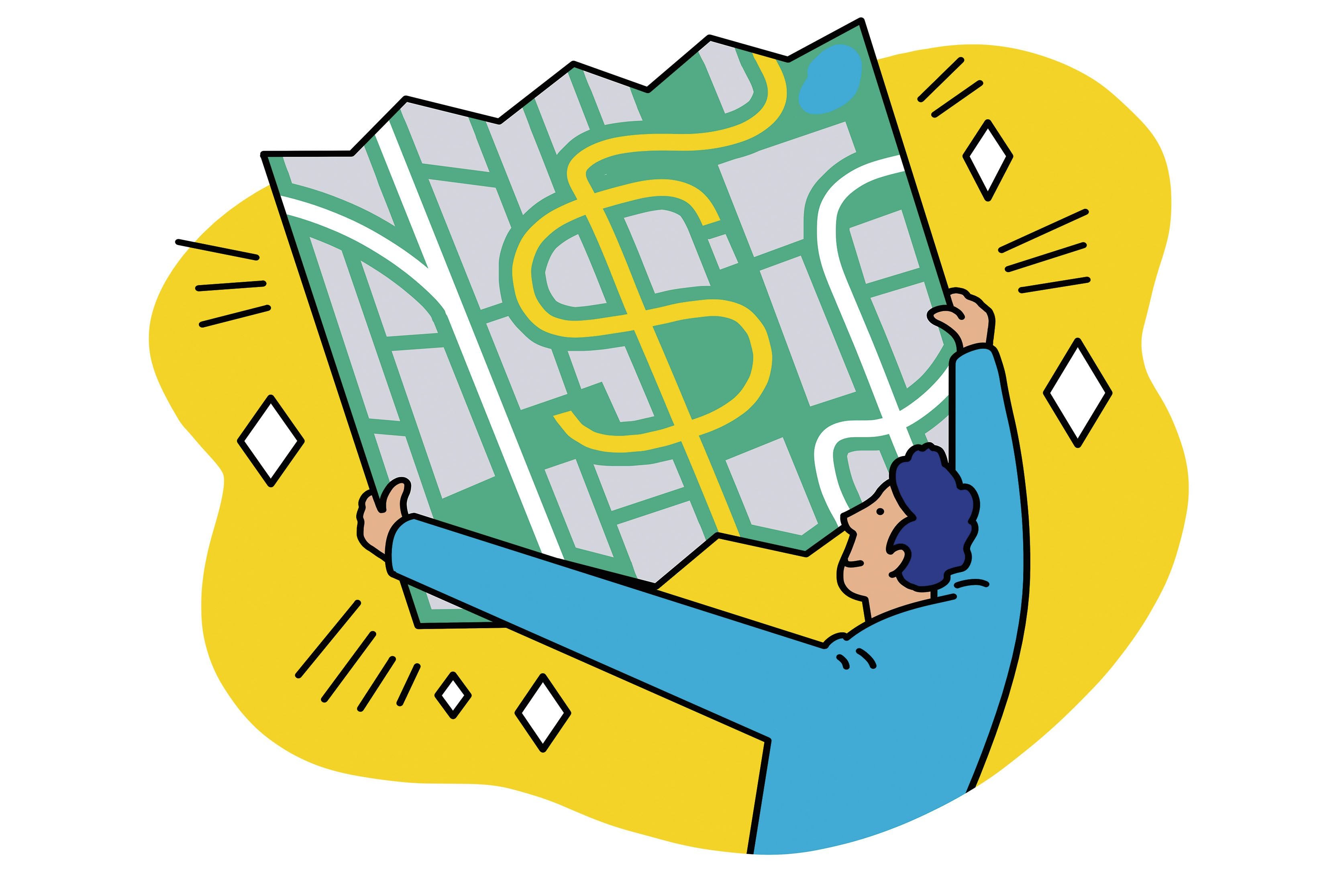Jean-Marie Brideau, 76, stands outside his apartment building in Moncton, N.B., on July 29. He has hundreds of thousands in savings and feels secure in his community’s stable rental market.Chris Donovan/The Globe and Mail
With a standard salary and diligent saving, Jean-Marie Brideau has done what many Canadians feel is impossible: He’s able to retire without ever having owned a home.
The 76-year-old Moncton resident has hundreds of thousands in savings and feels secure in his community’s stable rental market. He still works, but that’s only because he wants to. He’ll also collect a pension when he retires, but he’s saved enough that he could plausibly be fine without it.
If you’re looking for a secret, there isn’t one. Mr. Brideau simply was a disciplined saver and consistently saved roughly 20 per cent of his income since he was 21. First, he mostly invested it in mutual funds, and now he dabbles more in exchange-traded funds.
He amassed this wealth without an extravagant income either. He estimates his salary has generally hovered around $70,000 in today’s dollars. His financial life is proof that there is a pathway to a secure retirement that can sometimes outperform real estate.
“It’s hard to say, but I feel like I came out ahead,” Mr. Brideau said.
Millennials and Gen Zers may have hoped that higher interest rates would bring a significant crash to housing prices, but that hasn’t happened. Housing prices have been relatively resilient to high interest rates and ambitious immigration targets are putting more pressure on housing supply. With high interest rates in the mix, owning real estate is looking increasingly difficult for younger people who don’t have some form of help with covering a down payment.
Even Lisa Guo, a Vancouver-based investor specialist with Steadyhand Investment Funds, has come to the conclusion that she may not be able to purchase a home herself.
She recently switched her investment strategy to account for the likelihood that she won’t be able to purchase real estate. Ms. Guo says the Canadian attitude that idolizes home ownership is failing people, especially those who don’t have assistance with a down payment.
Mr. Brideau simply was a disciplined saver and consistently saved roughly 20 per cent of his income since he was 21.Chris Donovan/The Globe and Mail
So how do you go about investing for retirement without a home?
Wealthsimple chief investment officer Ben Reeves says people often get too caught up in figuring out what kind of products they should invest in.
Instead, the first thing new investors need to build is discipline with saving. At the beginning of your investment journey, consistent deposits will have a much larger long-term impact than the type of assets you start out with.
Take the time to figure out how much you’re saving by renting instead of owning a home (consider costs like condo fees, insurance and maintenance) and try to save the difference each month.
This is a good guideline, but Ms. Guo says investors shouldn’t necessarily feel bad if they’re not able to always hit this target. That’s because if you zoom out past the last couple of decades, stocks have outperformed the housing market.
The next thing people have to do is get comfortable with the idea of high-risk portfolios.
Mr. Reeves says people with a long-term investment horizon have the luxury to take on risky but profitable investments and need to take advantage of that.
“Typically for our managed clients, we try to put them in a highly diversified exposure to stock markets from around the world, as well as different types of stocks, so higher quality stocks and risky stocks,” Mr. Reeves said.
People with more investing know-how can also choose to invest on their own with platforms like Wealthsimple or Questrade, although Mr. Reeves doubts the average person’s ability to outperform a low-fee managed portfolio.
On the other hand, investors can consider getting an actual adviser through a brick-and-mortar shop or online outfits like Wealthsimple. This may come with increased costs, but valuable insights around your financial goals and managing different economic climates.
Either way, Ms. Guo says investors with a decades-long horizon should be heavily invested in stocks rather than bonds. A minimum of 70-per-cent stocks would be considered a growth portfolio. For people who also want savings for the near term, another account with a 60/40 split of stocks and bonds is appropriate if you expect to use the money in five or more years.
The type of accounts you use matter, too. Generally, Canadians in the lowest tax brackets should pile their investments into a tax-free-savings account (TFSA) at first, since they’ll benefit from not being taxed on withdrawal of funds, and they don’t have as much to gain from the income tax incentives of a registered retirement savings plan (RRSP).
The new first home savings account (FHSA) may also be a good account to use. Yes, it’s intended for people saving for a down payment, but funds from the account can be transferred to an RRSP if they are unused without penalty or an effect on your RRSP limit. Using an FHSA can also benefit people who aren’t married to the idea of renting all their life.
A warning from Ms. Guo though: An FHSA must be closed within 15 years of opening it. If you do think there’s a chance of buying a home one day, opening an FHSA too early could be a mistake.
The reality is that if you’re investing to retire as a renter, you’ll need to amass hundreds of thousands or more than a million dollars. That means you’ll have enough money for a down payment on a home at some point in your investment journey.
Ms. Guo says there can be risk to taking on a first mortgage in life in your 40s or 50s: If you’re piling in everything you have to buy a home, the greater costs of paying a mortgage and maintaining a home could jeopardize your ability to retire on time.
But she also says your decisions at that point in life shouldn’t be purely financial.
Some people want to get into home ownership because they hate having a landlord and want to have a sense of security for starting a family and for their housing costs in the long term. Others hate the idea of a home eating into their cashflow in the short term and prefer flexibility around their lifestyle.
“A home is part of your investment portfolio for sure, but it shouldn’t be the main reason you buy a home,” says Ms. Guo, who herself is still open to the idea of home ownership.
“It’s less of a financial decision to buy a home and it should be more about what’s important to you and your lifestyle.”
Are you a young Canadian with money on your mind? To set yourself up for success and steer clear of costly mistakes, listen to our award-winning Stress Test podcast.

Ready to think about your (eventual) financial freedom?
Introducing Retire Rich Roadmap, a 5-part newsletter course to set you up with the tools you need to think about retirement, whether that's happening now or in a few decades. Sign up now – each lesson will land in your inbox on Thursday.
 Salmaan Farooqui
Salmaan Farooqui